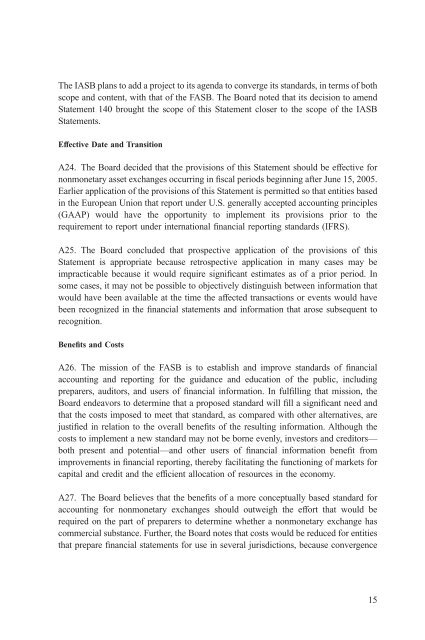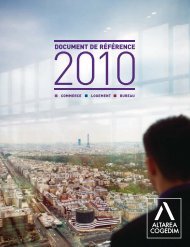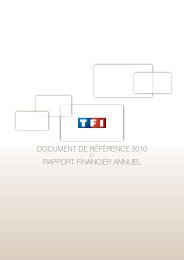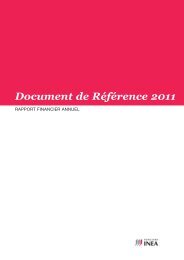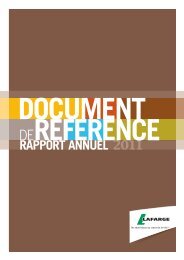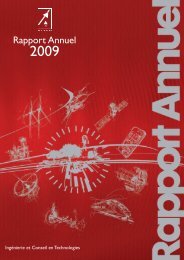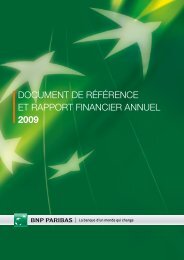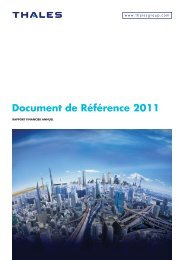Financial Accounting Series
Financial Accounting Series
Financial Accounting Series
- No tags were found...
Create successful ePaper yourself
Turn your PDF publications into a flip-book with our unique Google optimized e-Paper software.
The IASB plans to add a project to its agenda to converge its standards, in terms of bothscope and content, with that of the FASB. The Board noted that its decision to amendStatement 140 brought the scope of this Statement closer to the scope of the IASBStatements.Effective Date and TransitionA24. The Board decided that the provisions of this Statement should be effective fornonmonetary asset exchanges occurring in fiscal periods beginning after June 15, 2005.Earlier application of the provisions of this Statement is permitted so that entities basedin the European Union that report under U.S. generally accepted accounting principles(GAAP) would have the opportunity to implement its provisions prior to therequirement to report under international financial reporting standards (IFRS).A25. The Board concluded that prospective application of the provisions of thisStatement is appropriate because retrospective application in many cases may beimpracticable because it would require significant estimates as of a prior period. Insome cases, it may not be possible to objectively distinguish between information thatwould have been available at the time the affected transactions or events would havebeen recognized in the financial statements and information that arose subsequent torecognition.Benefits and CostsA26. The mission of the FASB is to establish and improve standards of financialaccounting and reporting for the guidance and education of the public, includingpreparers, auditors, and users of financial information. In fulfilling that mission, theBoard endeavors to determine that a proposed standard will fill a significant need andthat the costs imposed to meet that standard, as compared with other alternatives, arejustified in relation to the overall benefits of the resulting information. Although thecosts to implement a new standard may not be borne evenly, investors and creditors—both present and potential—and other users of financial information benefit fromimprovements in financial reporting, thereby facilitating the functioning of markets forcapital and credit and the efficient allocation of resources in the economy.A27. The Board believes that the benefits of a more conceptually based standard foraccounting for nonmonetary exchanges should outweigh the effort that would berequired on the part of preparers to determine whether a nonmonetary exchange hascommercial substance. Further, the Board notes that costs would be reduced for entitiesthat prepare financial statements for use in several jurisdictions, because convergence15


